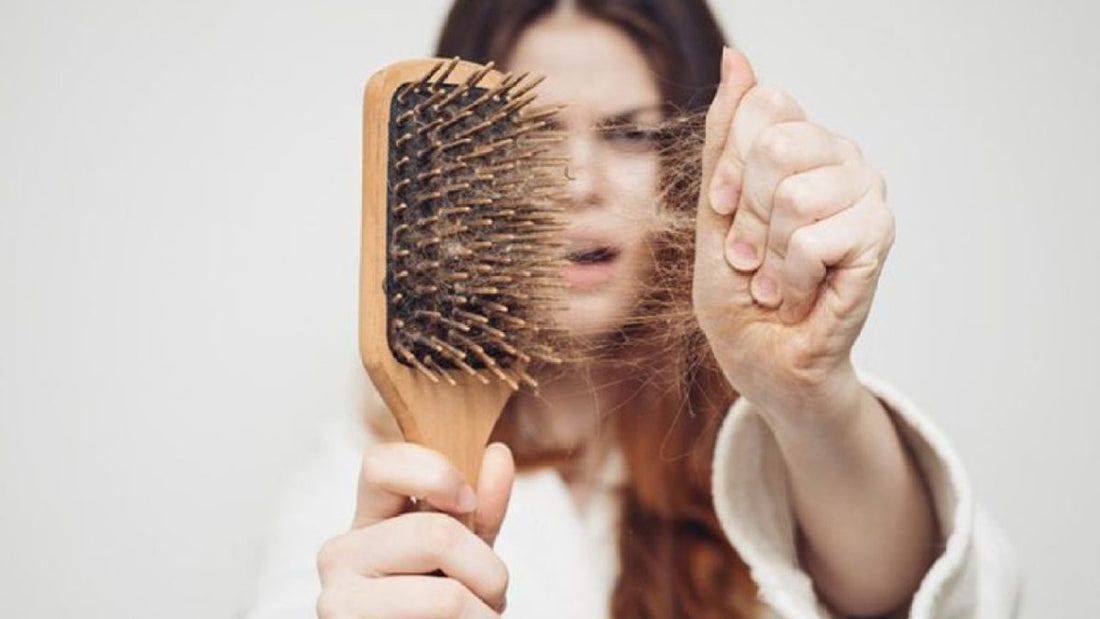Hair loss is a concern that affects millions of people worldwide, transcending age, gender, and ethnicity. It's not just about aesthetics; hair loss can have profound psychological effects, impacting self-esteem and quality of life. This guide aims to shed light on the causes of hair loss and provide actionable strategies to combat it, helping you regain not only your locks but also your confidence.
Understanding Hair Loss
Hair loss, or alopecia, can manifest in various forms, from the gradual thinning on top of your head to bald spots and widespread thinning. It's crucial to understand that hair loss can be triggered by numerous factors:
- Genetic Predisposition: Hereditary hair loss is the most common cause, affecting both men and women as they age.
- Hormonal Changes: Conditions like pregnancy, menopause, or thyroid problems can trigger hair loss.
- Medical Conditions: Scalp infections, alopecia areata, and other diseases can lead to hair loss.
- Medications: Hair loss can be a side effect of certain drugs used to treat cancer, arthritis, depression, heart problems, and high blood pressure.
- Nutritional Deficiencies: Lack of essential nutrients can impact hair health and growth.
- Stress: Both physical and emotional stress can trigger temporary hair loss.
Combating Hair Loss
Understanding the underlying cause of hair loss is the first step in combatting it. Once the cause is identified, you can adopt specific strategies to mitigate hair loss:
-
Medical Treatments
- Minoxidil (Rogaine): An over-the-counter treatment applied to the scalp, suitable for both men and women.
- Finasteride (Propecia): A prescription pill for men, slowing hair loss and promoting hair regrowth.
- Hair Transplant Surgery: A more permanent, though expensive, option for restoring hair.
-
Nutrition and Supplements
- A well-balanced diet rich in vitamins and minerals can support hair growth. Key nutrients include vitamin E, vitamin A, biotin, and iron.
- Supplements like saw palmetto and pumpkin seed oil have also been linked to improved hair health.
-
Lifestyle Modifications
- Reduce Stress: Practice stress-reduction techniques such as yoga, meditation, and regular exercise.
- Avoid Harsh Treatments: Minimize the use of chemical treatments, heat styling tools, and tight hairstyles that can contribute to hair loss.
-
Natural Remedies and Treatments
- Essential oils like rosemary and peppermint oil have been studied for their potential to stimulate hair growth.
- Scalp massage can improve blood circulation to the scalp, promoting hair growth.
-
Hair Care Practices
- Use gentle, sulfate-free shampoos and conditioners.
- Avoid brushing wet hair, which is more prone to breaking.
Seeking Professional Help
If you're experiencing significant hair loss, it's crucial to consult with a healthcare provider or a dermatologist. They can diagnose the underlying cause and recommend appropriate treatment options tailored to your situation.
Embracing Support
Remember, you're not alone in your journey to combat hair loss. There are numerous support groups and forums where individuals share their experiences, tips, and encouragement. Connecting with others facing similar challenges can provide valuable support and insights.
Conclusion
Hair loss can be a challenging journey, but with the right knowledge, strategies, and support, it's possible to combat its effects and embrace a confident, healthier you. Stay informed, seek professional advice, and choose the path that best suits your needs and lifestyle.
Remember, every strand counts, and so does your well-being.


